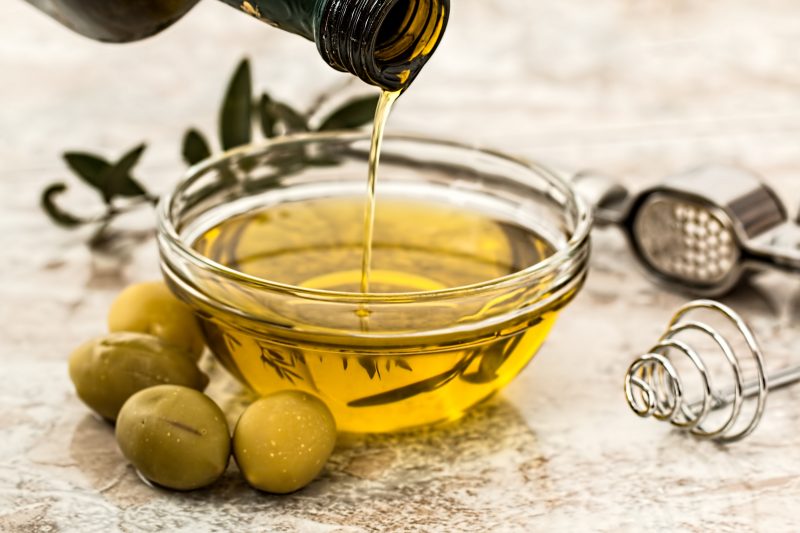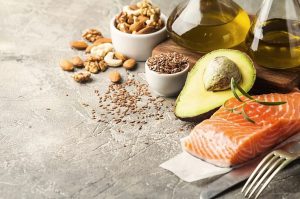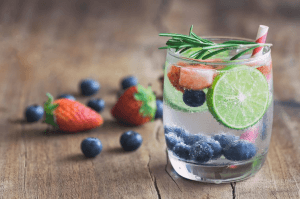If we’re talking about fat, it’s important to talk about the differences between the kind of healthy fats you eat on a ketogenic diet and TOXIC fats that can make you sick.
As you already know, healthy fat is essential for good health.
While other types of fat can be extremely unhealthy, causing a variety of diseases and health problems.
And when you increase your fat intake in efforts to follow a ketogenic diet, you absolutely must know the difference.
Healthy fats provide an abundance of nutrition and help reduce systemic inflammation.
They also give you the energy you need and provide the building blocks for a variety of normal, healthy functions in your body.
On the other hand, toxic fats cause inflammation and can destroy your health.
So, let’s get started with my favorite healthy fats.
When I say healthy fats I’m talking about fats that improve your health and well being, these types of fats can be found in a variety of sources.
Including both animal and non-animal sources.
Non-Animal Sources of Healthy Fats.
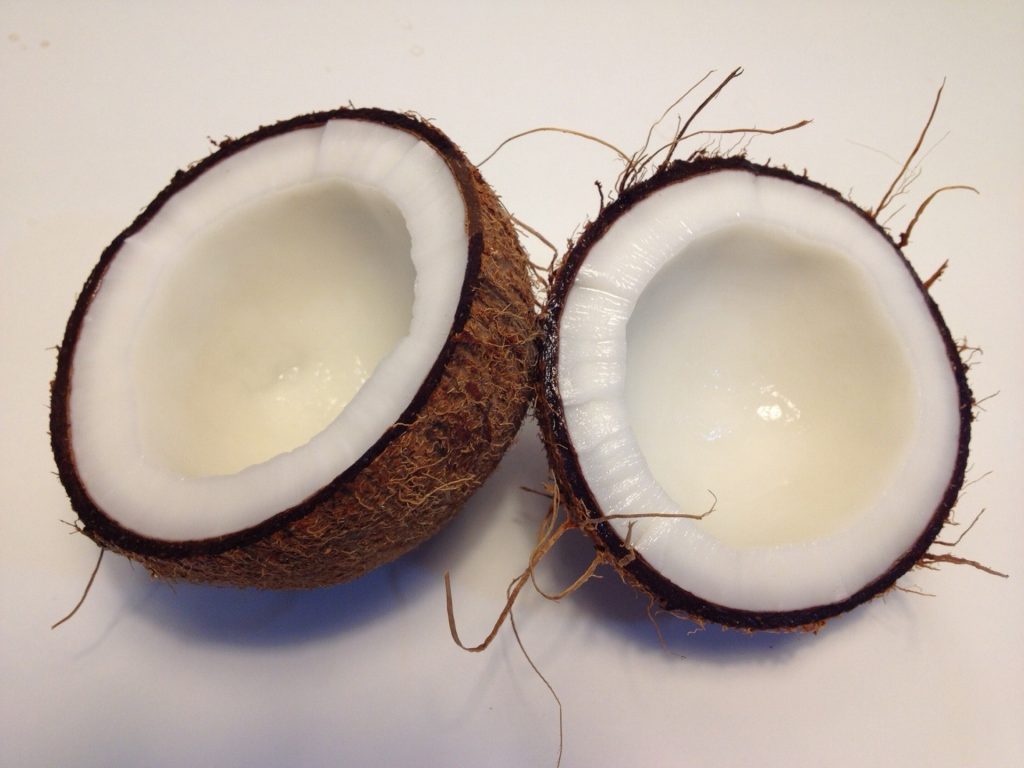
You can find health fats that will support your ketogenic lifestyle in avocados and avocado oil, nuts and nut butters, coconut, coconut milk, and coconut oil, and olives and olive oil.
Healthy sources of animal fat can also be easily found.
Animal Sources of Healthy Fat.
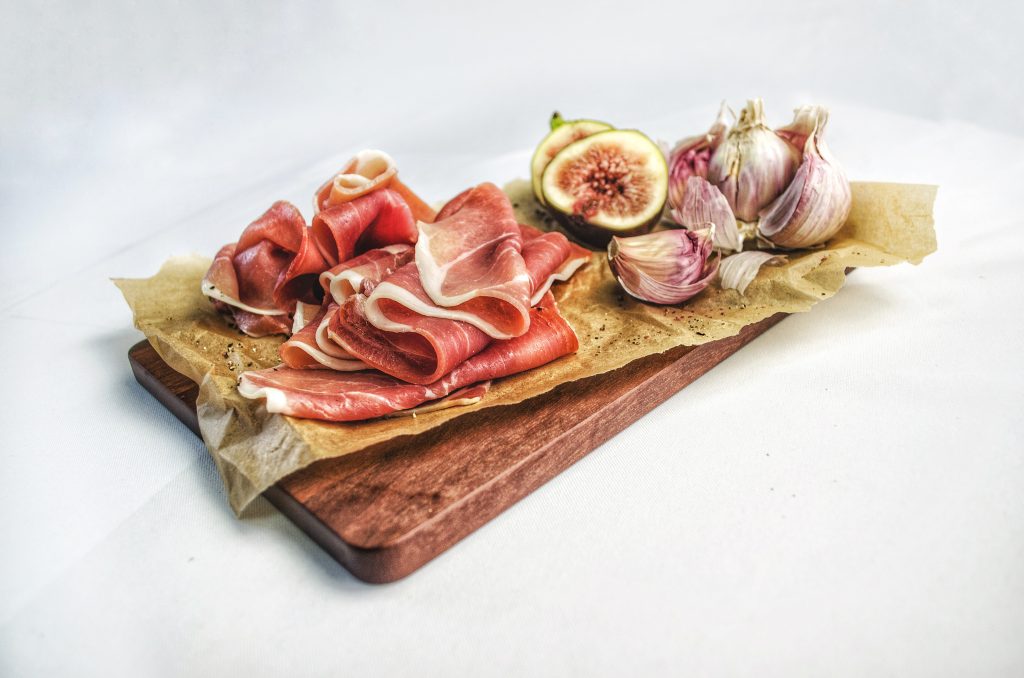
Healthy animal fats are found in grass-fed butter, ghee, and dairy, grass-fed meats, organic, pastured chicken and egg yolks.
Now, one thing to remember is that fats come in different varieties.
The Different Varieties of Fat.
There are what are known as monosaturated fats which include, olives and olive oil, nuts and nut butters, avocados and avocado oil.
Monounsaturated fats are liquid at room temperature but harden when chilled.
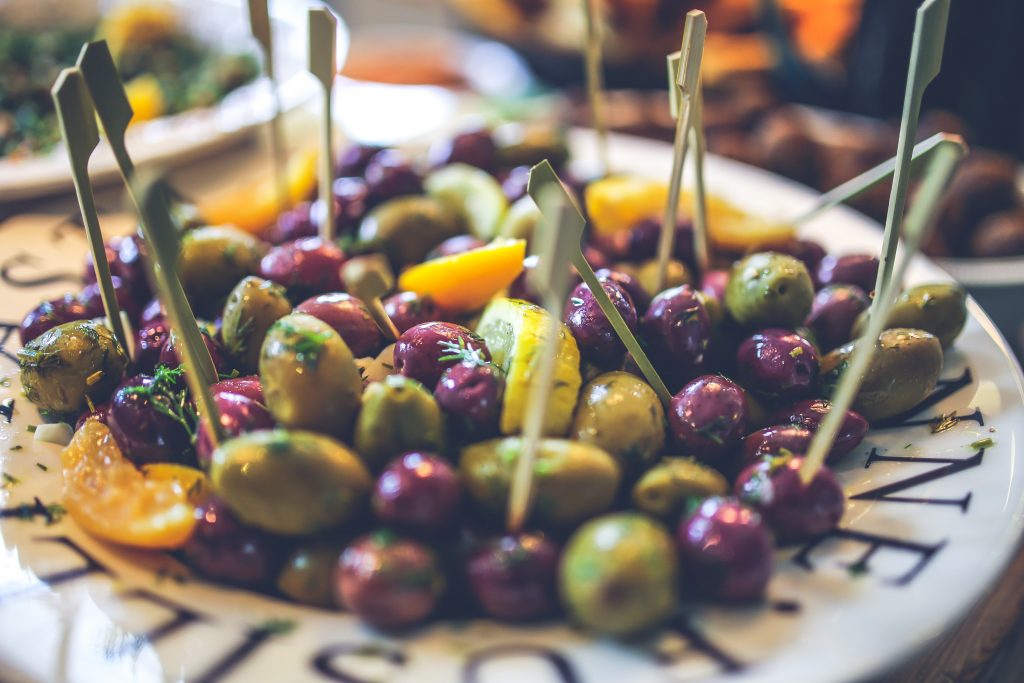
Eating monosaturated fats can protect you from heart disease by lowering LDL and total cholesterol, they can boost blood vessel function, help with depression, improve your body composition, insulin sensitivity and your blood sugar control.
Saturated fats on the other hand are solid at room temperature.
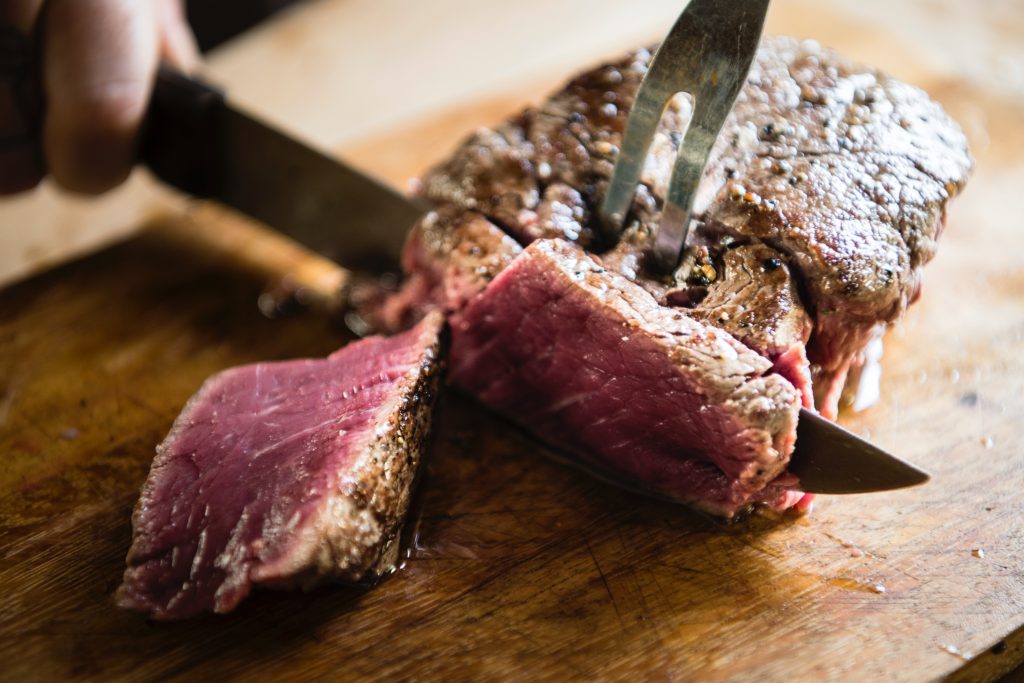
These include animal fats such as grass-fed beef and dairy you’ll also find them in coconut, palm, and MCT oil.
What most people don’t know is that saturated fats make up 50% of your cell wall and protect you against unwanted materials getting in.
Saturated fats also improve your ability to use calcium which strengthens bones, they protect your liver from toxicity and fight off fungal infections while boosting your immune system.
And it’s easy to add these fats to your diet…
Just start by incorporating more of these fats as cooking oils or as dressings.
Or you can eat them as part of your meal.
Toxic fats on the other hand, should be completely avoided.
The most common sources of unhealthy and toxic fats are man-made saturated fats and highly processed unsaturated fats.
Man-made saturated fats and especially trans fats, are extremely dangerous.

Unsaturated processed oils, include things like vegetable oil, canola oil and corn oil…
They oxidize easily and are NEVER healthy.
Unfortunately, these are precisely the kinds of fats that you’ll find in processed foods like margarine.
The sad part is that those SNEAKY food manufacturers market these oils as heart healthy.
The truth is these TOXIC fats are extremely inflammatory and literally offer no benefit to your body.
If that wasn’t bad enough…
Their processing creates a terrible problem for the environment.
And much like healthy fats there are a few different varieties of toxic fat to be aware of.
These include…
Hydrogenated and Partially-Hydrogenated (Trans) Fats.
Common hydrogenated fats include hydrogenated or partially hydrogenated cottonseed, palm, soy, and corn oils.
In addition, margarine and shortening are two hydrogenated fats.
Cheaper oils, like soy, corn and canola are used by manufacturers to create margarine and shortening.
Consuming hydrogenated and partially-hydrogenated fats has also been linked to cancer, atherosclerosis, diabetes, obesity, immune system dysfunction, low-birth-weight babies, birth defects, decreased visual acuity, sterility, difficulty in lactation and problems with bones and tendons…
But it gets worse…
They’ve also been shown to increase your risk for depression.
Other toxic oils include…
Canola oil, corn oil, vegetable oil, grapeseed oil, soybean oil, sunflower oil, safflower oil, rice bran oil, cottonseed oil, sesame oil, and peanut oil.
And get this…
Over 90% of soy, corn, cotton (seed), and canola grown in the US are GMO.
Talk about a double WHAMMY!
It’s no wonder fat in general has gotten such a bad rap.
These toxic oils can literally kill you.
Fat Research
If you’re a little new to the whole high fat low carbohydrate way of eating, here are two recent studies that completely debunk the argument that low-fat, high carb diets are healthier.
In a study published in the Lancet, researchers concluded “a high carbohydrate intake was associated with an adverse impact on total mortality, whereas fats including saturated and unsaturated fatty acids were associated with lower risk of total mortality and stroke. We did not observe any detrimental effect of fat intakes on cardiovascular disease events”(1).
A separate study published in Cell Metabolism agreed, reporting that a high-fat, low-carb diet extends longevity and promotes health (2).
And a variety of other studies have confirmed that following a low carbohydrate versus a low fat diet is better for health. One study looking confirmed that women eating a low-carbohydrate diet lost more fat than those eating a low-fat diet(3).
But reduction of weight is only a small part of the many health benefits of following a ketogenic diet.
In addition to the numerous weight-control studies, other research has shown that the ketogenic diet reduces inflammation, regulates blood sugar, reduce triglycerides and raises good HDL cholesterol levels (4,5).
However, if you want to experience all of the healthy benefits associate with eating high quality healthy fats, you have to know what “good” fats are, instead of toxic fats.
And while this article is helpful and can certainly get you going in the right direction, it’s only a fraction of what you’ll find inside of The Two-Week Keto Challenge. When you join us inside, you’ll have access to a comprehensive library of fats, proteins and even carbs that will all support you on your keto journey.
Not only that…
I also share my best keto recipes AND give you an easy to follow daily meal plan.
And all of it is designed to help you succeed.
So if you haven’t joined us inside the Two-Week Keto Challenge yet you can start today by clicking the link below.
Click here to join the challenge.
References:
- http://www.thelancet.com/journals/lancet/article/PIIS0140-6736(17)32252-3/fulltext
- http://www.cell.com/cell-metabolism/fulltext/S1550-4131(17)30490-4
- https://www.ncbi.nlm.nih.gov/pubmed/28841772
- https://www.ncbi.nlm.nih.gov/pubmed/28752053
- https://www.ncbi.nlm.nih.gov/pubmed/28750216

